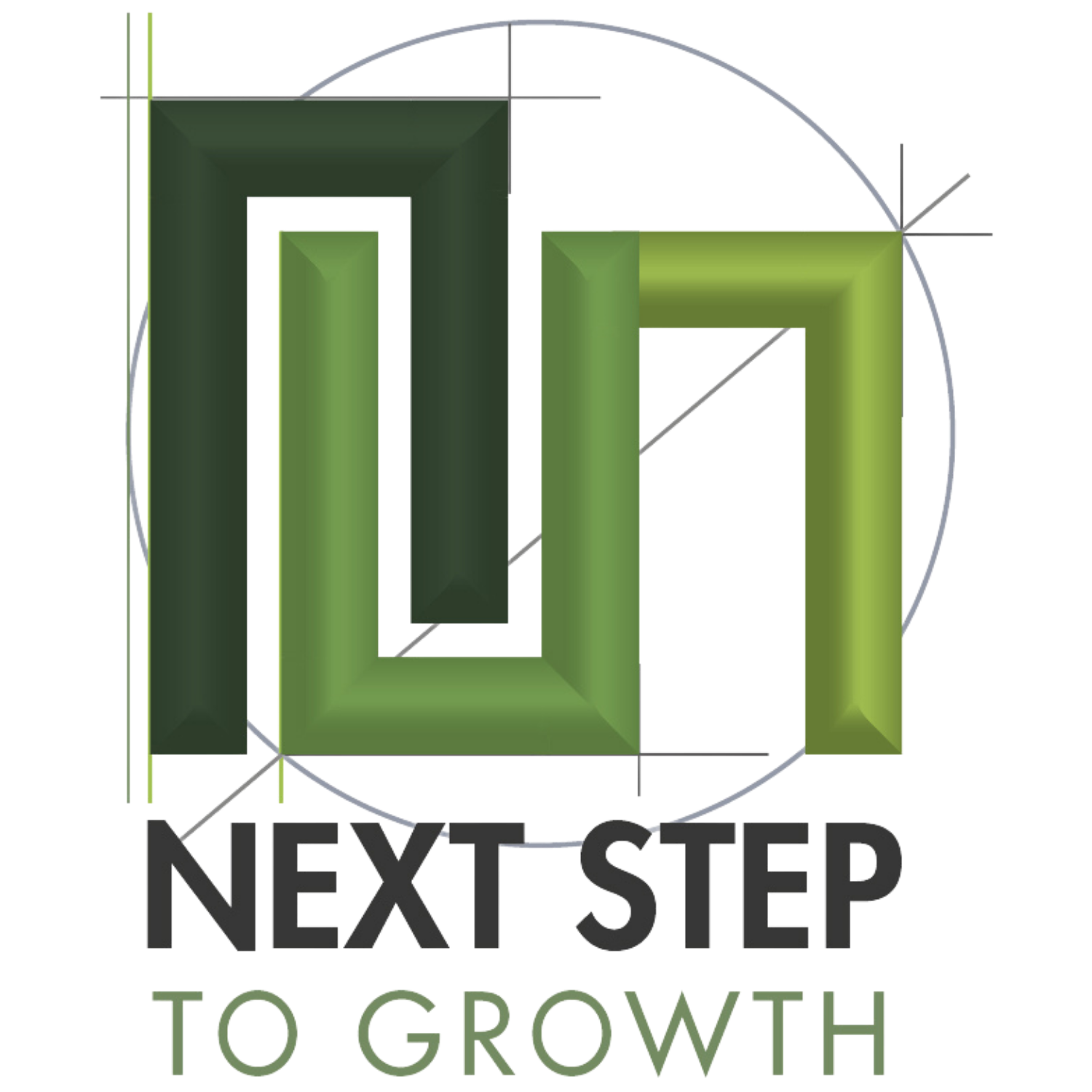Metacognitive Fitness

Have you ever had a conversation with someone where you thought: “I’ve never really thought about something in this way”? Was that your thought, or was it a function of the person you were having a conversation with, subtly challenging the way you thought about things?
In my work with entrepreneurs, I have started noticing a difference in the way participants relate to and utilise strategy models, such as the Business Model Canvas. Some participants view the model as a tick-box exercise, where they simply complete the boxes to achieve a supposed fit, providing the most appropriate answer that satisfies their current way of thinking. Other participants use the model to critique their thinking, seeking to find the best alternative model among various options¹.
The Question of Reframing
This difference prompted me to consider the relationship between creativity and strategic thinking. In a well-known experiment on creativity, researchers studying art students observed that students who wanted to create a piece of art approached the problem from different angles. The first group of students asked themselves the question: “What art should I create?”, while the second group asked the question: “What art would be the best to create?” This difference in the way students approached the problem significantly improved their creativity²,³.
Clayton Christensen, the late Harvard professor, was known for his work on framing, helping marketing and strategic thinkers shift their paradigm from “What needs does our product satisfy?” to “What is the job that the customer hires my product to do?”⁴,⁵ Framing — the ability to view a problem through a different mental structure — is at the heart of strategy. For instance, the researchers and consultants Pine and Gilmore have employed framing to explain how the economy has evolved from a commodity economy to an experience economy and, subsequently, to a transformation economy⁶.
Fortunately, or unfortunately, as humans, we are prone to frame bias. We do this in order to optimise the time that we spend thinking about things. This is a problem when we work in a company that has a particular frame bias in its culture. For instance, some companies are more inclined to explore a specific type of innovation in a particular area of efficiency, while others are more adept at managing different forms of risk, delegating innovation to a specific department, such as engineering or R&D.
Frame Agility
Frame switching, also known as metacognitive agility, refers to the ability to switch between different frames of thought. This is a uniquely human ability, and it is one of the reasons why AI is considered non-conscious. Studies on metacognition have indicated that students who are trained to use it have an advantage over those who are not¹,⁷,⁸. That said, to retain those capabilities requires a degree of metacognitive fitness. This includes embedding routines of practising different frameworks through reflection and persistence⁹.
If the ability to ask questions and frame problems is indeed dependent on your level of metacognitive fitness, then how fit are you, or how fit should you be, given the changes in our ecosystem? If fitness is indeed a function of the culture we are in, then maybe we should further expand it to ask, how fit is my team? Or how often do I find myself wondering why I have never thought about something in this way before?
References
1. Haynie JM, Shepherd D, Mosakowski E, Earley PC. A situated metacognitive model of the entrepreneurial mindset. J Bus Ventur. 2010;25(2):217-29. doi:10.1016/j.jbusvent.2008.10.001.
2. Csikszentmihalyi M. Creativity. New York: HarperCollins Publishers; 1996.
3. Amabile T, Pillemer J. Perspective on the social psychology of creativity. J Creat Behav. 2012;46:3-15. doi:10.1002/jocb.001.
4. Christensen CM, Hall T, Dillon K, Duncan DS. Know your customers’ “jobs to be done.” Harv Bus Rev. 2016;54:54-62.
5. Christensen CM. How will you measure your life? Harv Bus Rev. 2010 Jul. Available from: https://hbr.org/2010/07/how-will-you-measure-your-life
6. Kouakou KKE, Li C, Akolgo IG, Tchamekwen AM. Evolution view of entrepreneurial mindset theory. Int J Bus Soc Sci. 2019;10(6). doi:10.30845/ijbss.v10n6p13.
7. Mawson S, Casulli L, Simmons EL. A competence development approach for entrepreneurial mindset in entrepreneurship education. Entrep Educ Pedagogy. 2022 Dec 2;:251512742211431. doi:10.1177/25151274221143146.
8. Reinhard A, Felleson A, Turner PC, Green M. Assessing the impact of metacognitive postreflection exercises on problem-solving skillfulness. Phys Rev Phys Educ Res. 2022;18(1):010109. doi:10.1103/PhysRevPhysEducRes.18.010109.
9. Sarasvathy SD. Causation and effectuation: Toward a theoretical shift from economic inevitability to entrepreneurial contingency. Acad Manag Rev. 2001;26(2):243-63.
